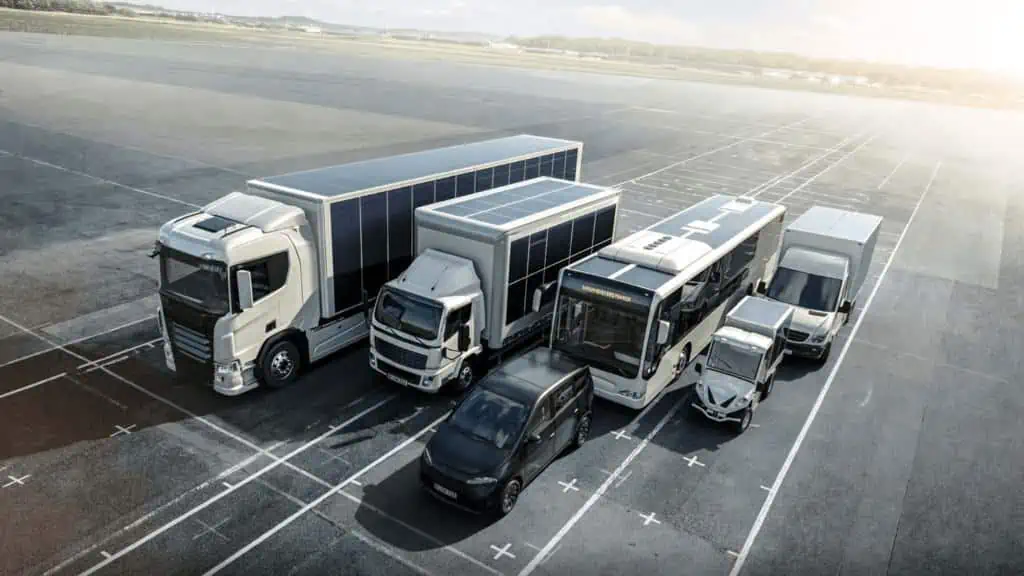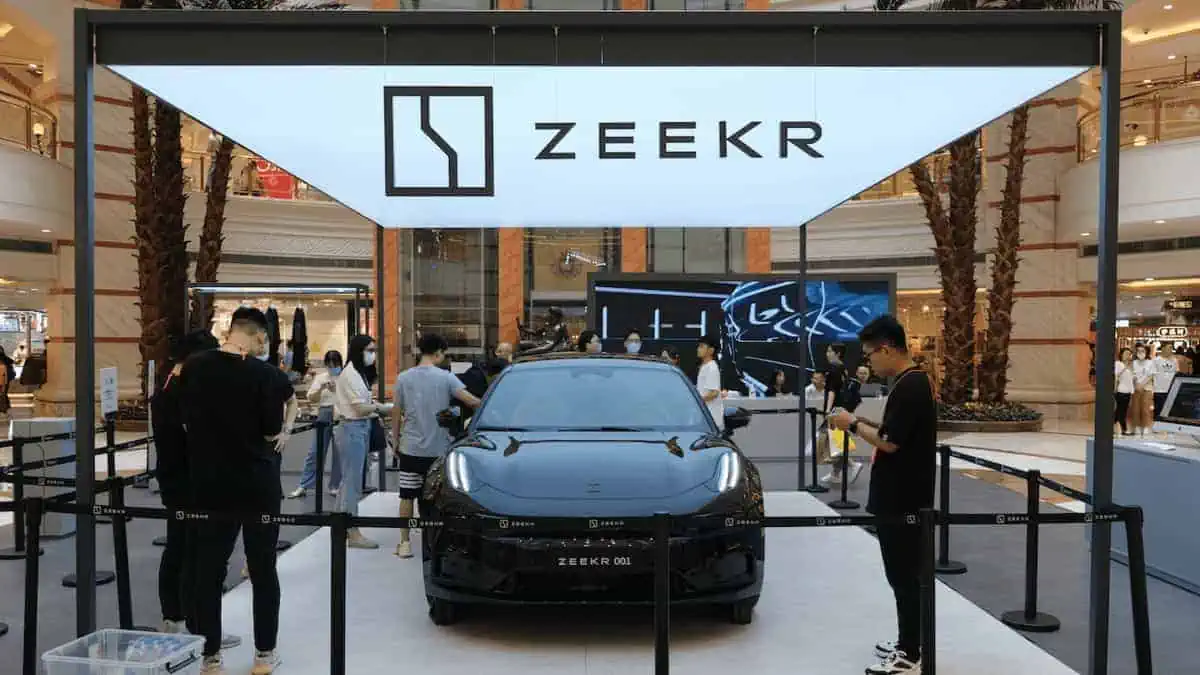German automaker Sono toured the world’s cheapest electric vehicle to the United States in preparation for its upcoming domestic release, as per CNBC.
The Sion only costs $25,000, way cheaper than most electric vehicles today. For that price, you can already have an innovative and clean automobile.
According to CEO Laurin Hahn, contract manufacturing is the first strategy that the company employs to reduce costs.
“Second is we have just one variant. This car comes in any color you like as long as it’s black. So basically there’s no options. That’s massive in saving costs. Third, is we do online direct sells. Fourth is we have no steel stamping. It’s an aluminum space frame, very safe car. And fifth is it has no paint. There is no paint job because it has solar panels on the outside. And for those five things, we can be so affordable.”
Sono’s power source
The car’s entire exterior, including the roof, doors, fenders, and hood, has 465 integrated solar half-cells. According to the company, 70 miles of weekly driving can be powered by solar energy alone.
Aside from the power offered by solar energy, the Sion is also equipped with a lithium iron phosphate battery that provides a 190-mile range. Chinese EV and battery tech giant BYD currently manufactures Sion’s battery.
It is also worth noting that Sono utilizes proprietary polymer-based solar technology.
″We have several patents, over 30 patents on that,” said Hahn. “And it’s a big difference because all other companies who try to integrate solar are using most mostly glass. Glass is heavy, slow in production, and very cost expensive.”
Other interesting features
The Sion features dashboard software that provides drivers with real-time data about how much solar electricity the car produces at any given time.
Through the app, drivers can also manage power-sharing, which uses the Sion’s battery to charge other electric vehicles, among other gadgets, for a price set by the owner.
Sono partners with Valmet Automotive
Sono contracted Valmet Automotive as its production partner for the Sion. Remarkably, the German automaker has already secured 42,000 bookings for the solar Sion.
By 2030, the company aims to produce 257,000 Sions. Hahn stated:
“We think it has the potential to become a mainstream technology. Our mission is solar on every vehicle because there is no point of not putting it on it. It is very cost-effective. It doesn’t add a lot of costs onto the bill of material for the car. So there’s actually no reason why not to integrate it.”






